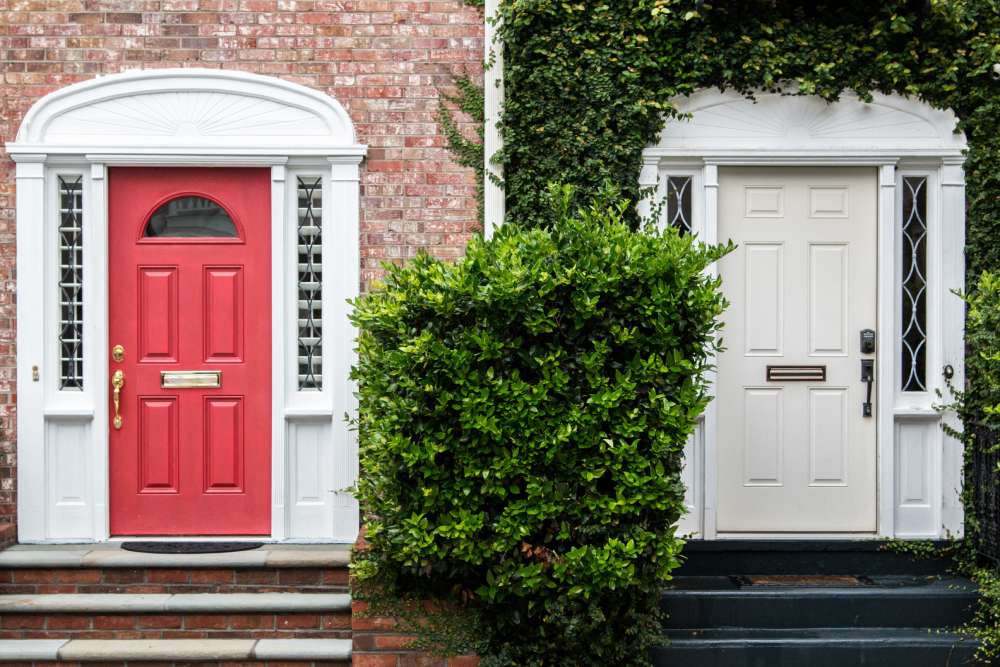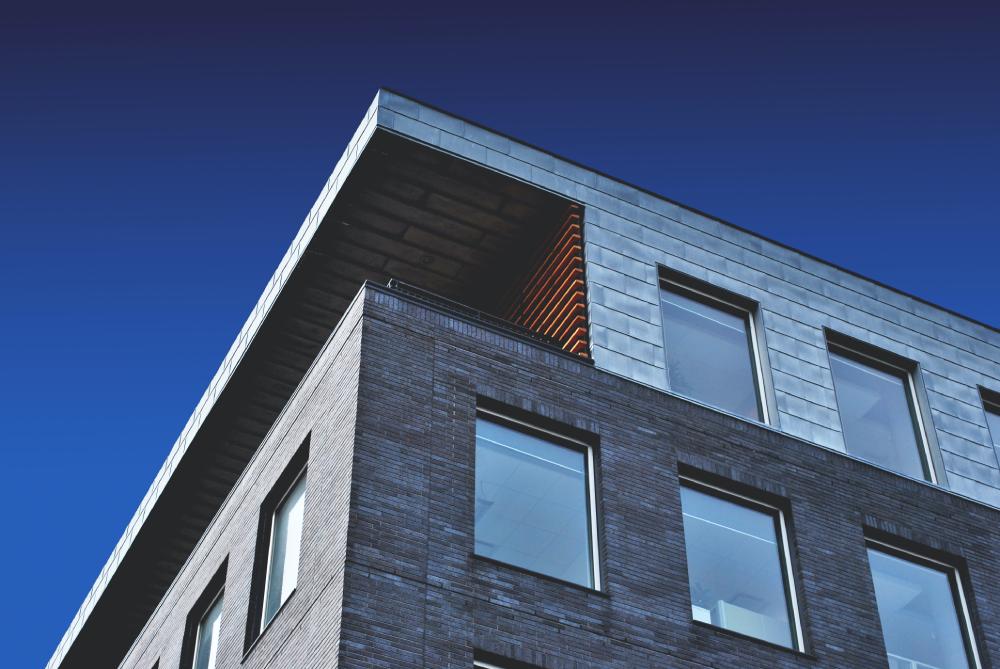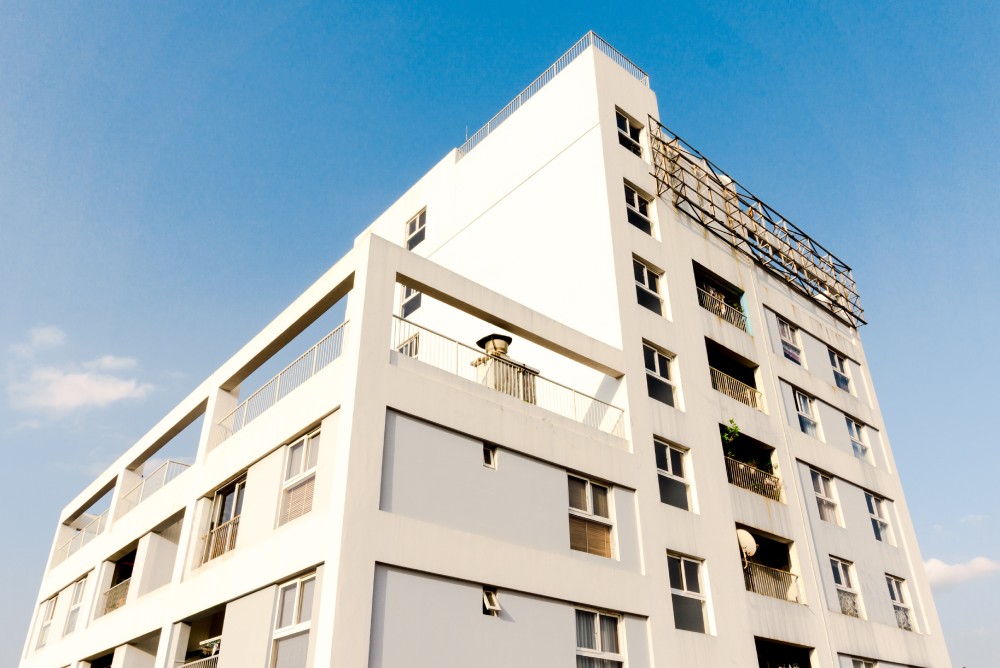Buying a Property With a Short Lease May Seem Like a Bargain.
When a property is sold with a short lease (around 80 years or less) the price is often substantially reduced. But be very cautious about committing to buy it – you could come against some big problems.
This short video explains what you need to know.
For expert help with your conveyancing call us on 0114 249 6926 or email info@pmpl.co.uk.
Should I Buy a Property With a Short Lease?
A property with a short lease may have a temptingly low asking price, but be cautious.
If the lease on the property you want to buy is close to expiring or there are less than 80 years to run, then there are three critical factors you need to understand before you commit.
Mortgage Lenders are Wary of Short Leases
Mortgage lenders are generally wary of lending on a property where there’s a short lifespan or less than 80 years left to run on a lease. So even if you find a mortgage lender willing to make you an offer, when you decide to sell the property you may run into difficulties. It will be even harder for potential buyers to find a mortgage lender ready to loan money on an even shorter lease.
Short Lease Properties Reduce in Value
A property with a short lease will reduce in value. As outlined above, the shorter the lease, the more difficult it is to sell and the price will drop accordingly so you may not recoup what you paid. And even if you find a cash buyer, it may well be that they offer a lower figure well below your predicted asking price.
There are several so-called Graphs of Relativity that calculate price depreciation according to the term of the lease. The figures are based on the value of the property to the freeholder (the freehold reversion) with the leasehold value expressed as a percentage. As a rough guide, these figures are:
Unexpired lease – Value
90 years – 94%
80 years – 91%
70 years – 86%
60 years – 80%
Lease Extension Fees
It may be possible to extend the length of the lease once you have bought the property and owned it for 2 years. Alternatively, the seller may be willing to start the lease extension process and assign the benefit to you as the purchaser. However, the lease extension fee can be substantial. For leases below 80 years, the fee is generally calculated at 50% of the ‘marriage value’ – i.e. the amount of extra value an extended lease would add to the property itself. So the seller is likely to pass on at least some of those costs to the buyer and the property may not be the bargain you originally thought.
If you do go ahead with the purchase, remember that you may have to initiate a lease extension when you want to move in order for the property to sell.
There is more information on extending a lease on the Leasehold Advisory Service website – https://www.lease-advice.org/.
It’s essential to have sound legal advice before you commit to the purchase of any property, whether leasehold or freehold. Our team has many years of experience in residential property and can advise you on any issues, including buying a property with a short lease.
If you have any questions we will be happy to help. Just give us a call on 0114 249 6926 or email info@pmpl.co.uk.






